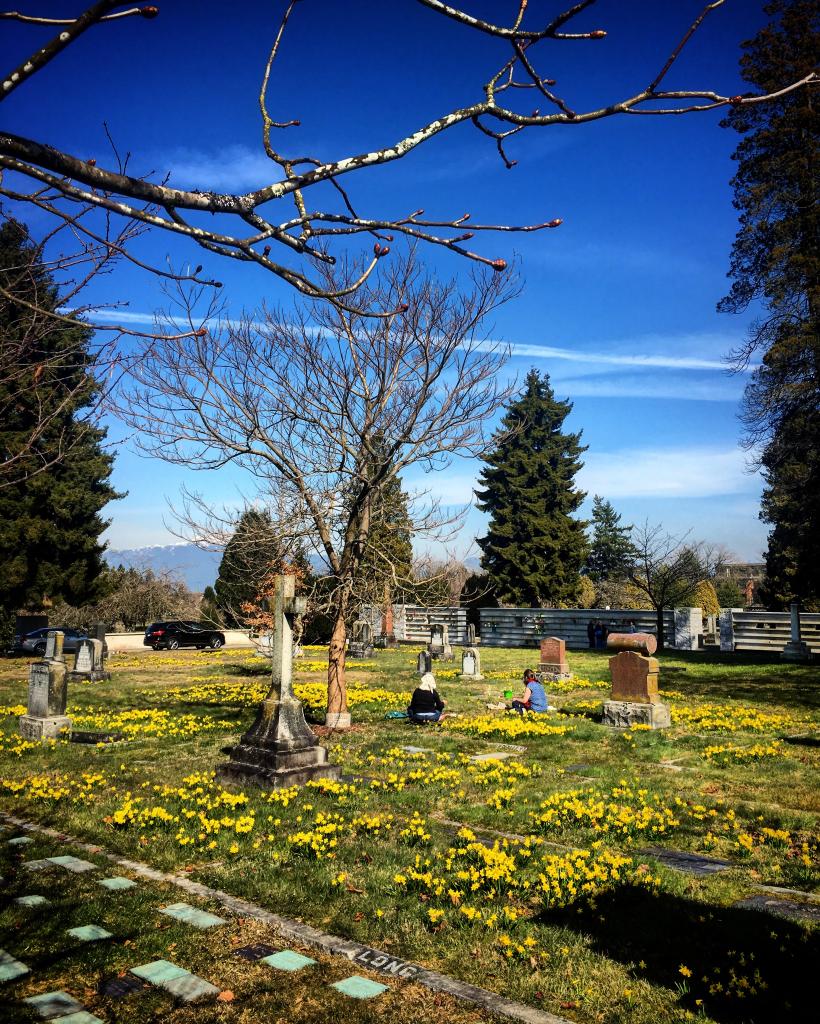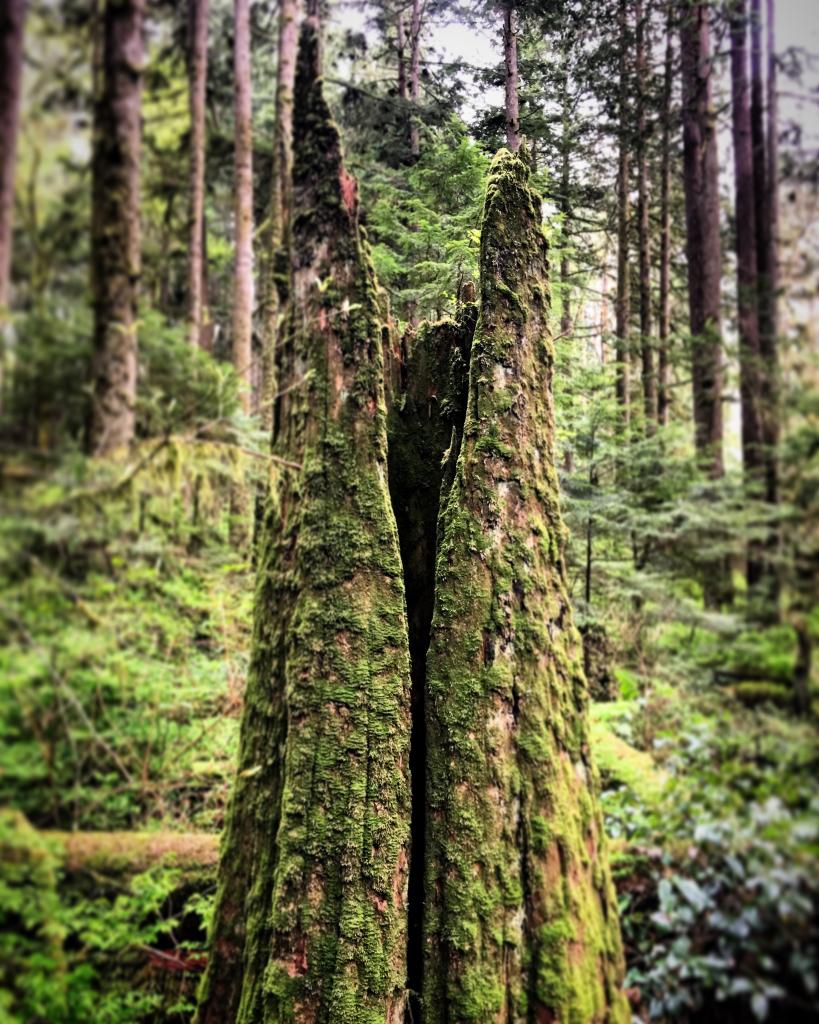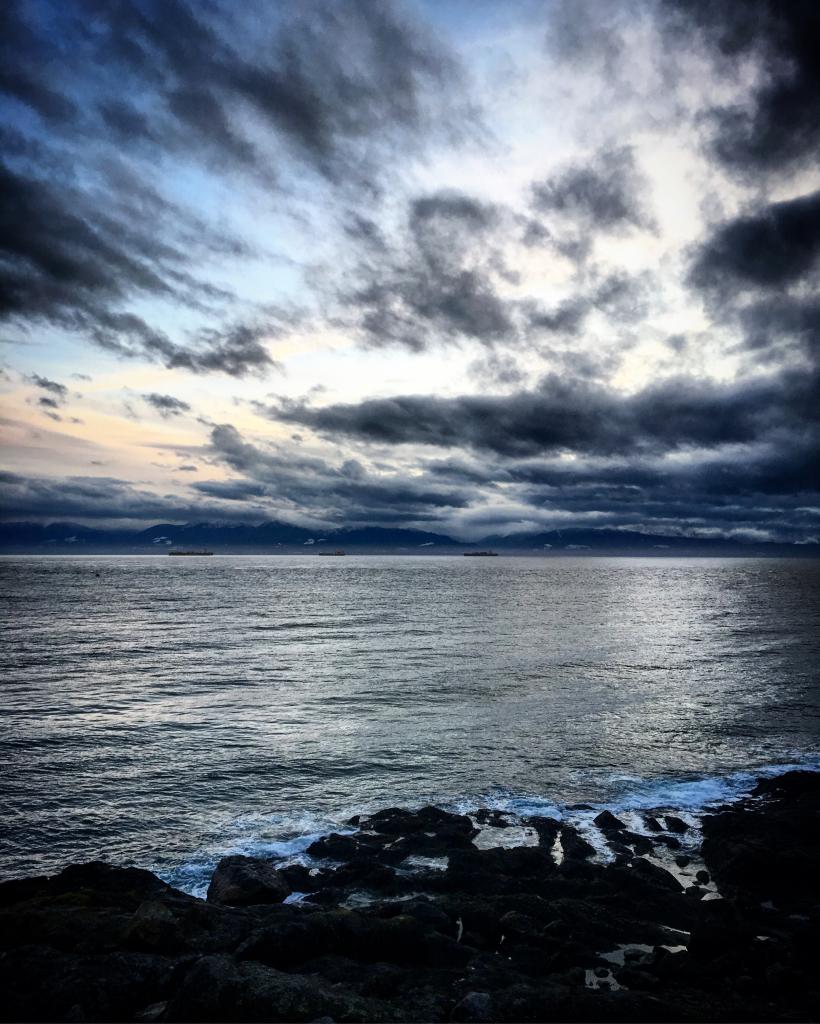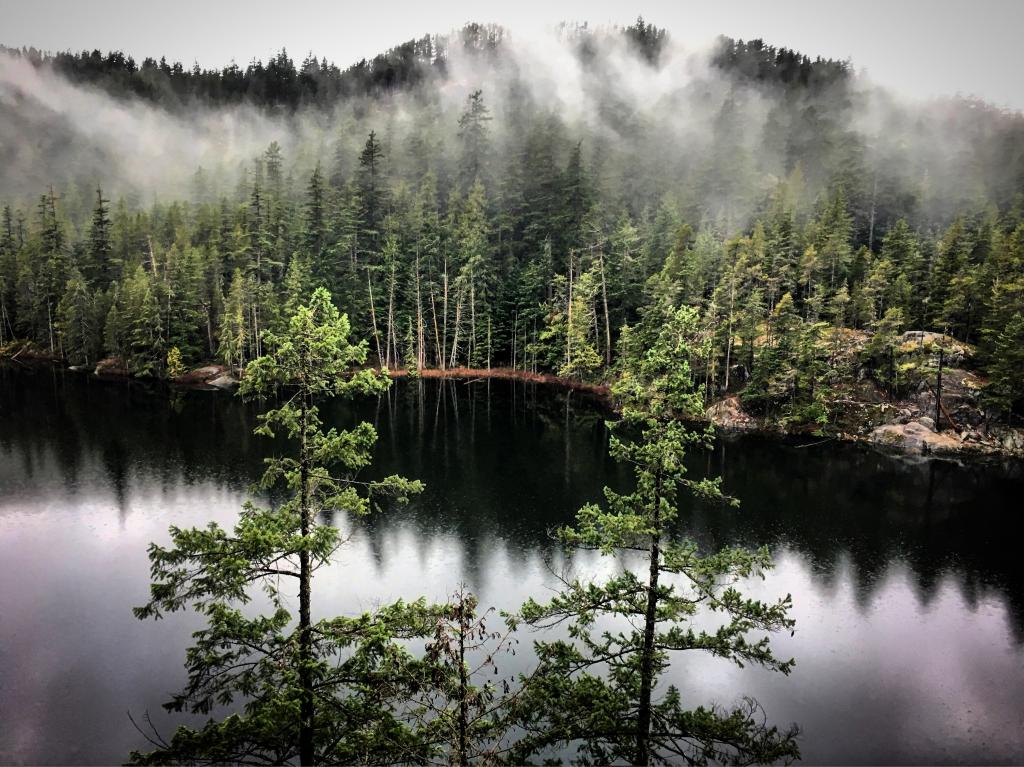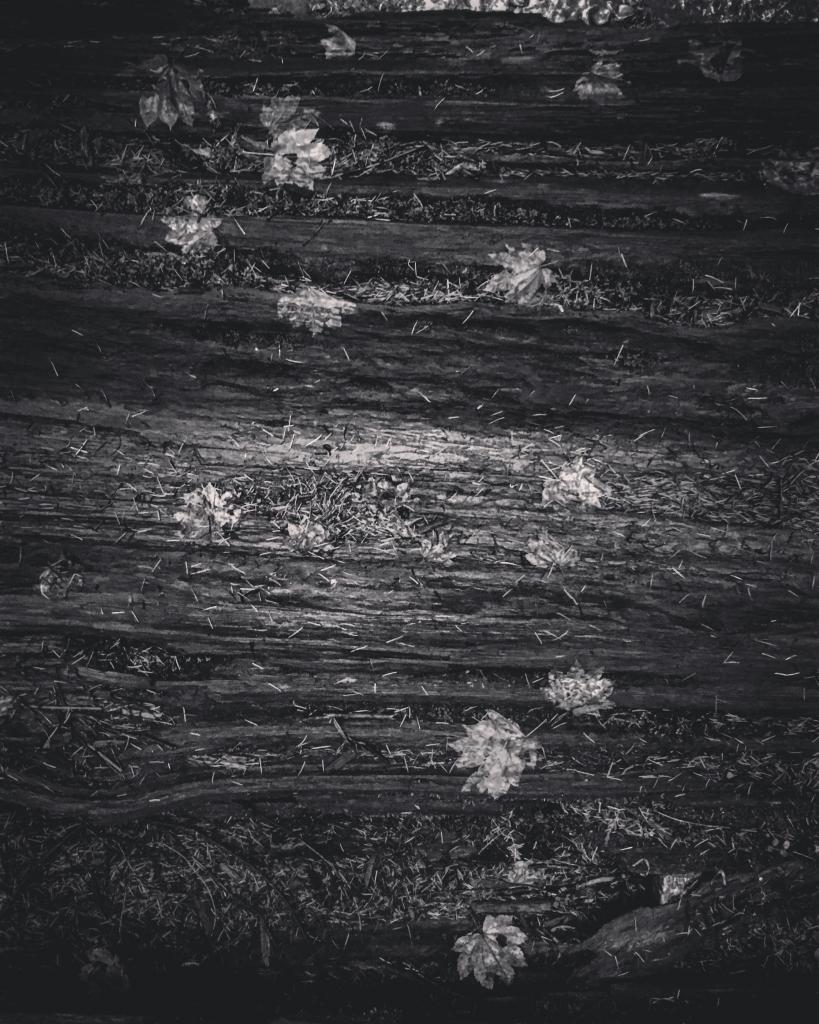[Sermon delivered on March 22, 2020]
Readings
1 Sam 16:1-13; Ps 23; Eph 5:8-14; Jn 9:1-41
Dear friends in Christ, welcome to spring! But what an unprecedented and devastating way to start the season of resurrection. I hope you are breathing deeply, and loving even more deeply. Please take care of yourselves and let me know if there is anything I can do.
Yesterday during the Quiet Day, I talked about the Desert as a symbol of the spiritual journey. Desert spirituality is a call to strip down our lives to the essentials. To sink into the mysterious presence of God. One of the early Church Fathers, Jerome said: “The Desert Loves to Strip Bare.” I love that! And spiritually speaking, that is what Lent is for. The Desert Ammas and Abbas believed they could find paradise through the harsh realities of the desert. It seems we are entering in a civilizational Lent. A dark night of the soul. A desert.
The very nature of our gathering [Zoom broadcast] speaks to the unspeakable strangeness of this global crisis. We are living through a devastating global pandemic that threatens the lives of millions, especially the most vulnerable among us. COVID-19 has “hijacked” our need for social connection. Only a demonic force could cause us cancel the Eucharist! In today’s Gospel reading we hear a chilling echo, of the question we are all asking at some level. “Rabbi, who sinned, this man or his parents, that he was born blind? ”Why is this happening?
In theological terms we are grappling with our own Theodicy. Reconciling the Goodness of God with natural and human suffering, pain, death and injustice. Perhaps some might say that famine, disease and war are signs of divine displeasure. Most human cultures have taken some version of this view. Bad things happen because Celestial agencies are displeased with humans, or simply being capricious. Yahweh sent 10 plagues as punishment of the Egyptians for oppressing the Hebrews. I read about one American Pastor who blamed Marriage Equality for COVID-19. There is an alluring but horrifying simplicity to this reasoning.
Or, perhaps we prefer to see God as a distant watch maker, who gets the universe going, and then steps back to allow natural laws to take their course. A pandemic is just the grit of the grinding gear box of evolution. In this view, COVID-19 is the product of a cold indifferent Nature. Slowly working its endless purposeless course. Our fate is sealed.
A more Gnostic view, might say that illness, sickness and death are the work of evil forces. These exist in themselves, in opposition to GOD and goodness. There is a cosmic battle between good and evil, and we must choose sides.
Perhaps you see this crisis as an invitation to reflect on the incompatibilities of our civilization with the flourishing of life? You may be seeing references to the “Revenge of Gaia.” Or “Ecological Karma?” The earth’s natural immune system is rejecting US. The earth has sent us to our rooms, to think about what we’ve done… (as one meme said). We certainly cannot deny the ecological benefits of mass physical isolation. I am seeing stories of pollution clearing, CO2 levels plummeting, and birds and dolphins exploring the canals of Venice.
To be clear, I personally would never want to justify human suffering in this way, no matter what the ecological benefits. But some of our greatest nature writers have grappled with the stark fact that great beauty and immense suffering inevitably coexist in the natural world. Death and life are intimately woven together. Death is natural. Not to be feared. How else can change, evolution, growth happen? God works through evolution to bring about greater complexity, beauty. Earthquakes, tsunamis and disease are the inevitable byproduct of a living earth. In Annie Dillard’s Holy the Firm and The Pilgrim at Tinker Creek, she unflinchingly examines the horror of death and suffering, a world that is so richly charged with God’s grandeur. Dillard writes in Pilgrim at Tinker Creek:
“I am a frayed and nibbled survivor in a fallen world, and I am getting along. I am aging and eaten and have done my share of eating too. I am not washed and beautiful, in control of a shining world in which everything fits, but instead am wondering awed about on a splintered wreck I’ve come to care for, whose gnawed trees breathe a delicate air, whose bloodied and scarred creatures are my dearest companions, and whose beauty bats and shines not in its imperfections but overwhelmingly in spite of them…”
Horrifying as it may be there is ultimately an evolutionary meaning behind death and suffering. God wraps their arms around both the beauty and pain of life. Life and death are part of a grand mysterious whole.
For some this is perhaps a favored view of the crisis. That as bad as it is, there is some opportunity hidden behind the chaos. If God doesn’t cause evil directly, God permits evil in order to bring about a greater good. For example, in 1665, Isaac Newton developed his theories of optics, gravity and calculus while in self isolation during an outbreak of Bubonic plague. Of course, this is not to say that God causes evil to bring about good. Many of us are talking about how this crisis has enabled the possibility of stillness. We are being called to a kind of global retreat. I was recently reminded of this quotation from Philosopher Blaise Pascal: “All of humanity’s problems stem from [our] inability to sit quietly in a room alone.” And perhaps this is the scariest part of the crisis for some!
There is much merit in these latter views. I often find myself fascinated with the ecological dimensions of death and dying. It is however, more of a Pagan view than an authentically Christian one. A theology of evil, a theodicy, in the Christian tradition, does embrace the beauty and pain of the world. Evil is not a thing that exists in itself, as in the Gnostic view. Nor is God a distant watch maker. God is goodness itself, not the whole that comprehends good and evil. Evil in this view is a deprivation of the Good. A negative space that does not exist on its own. In David Bentley Hart’s book, The Doors of the Sea, he writes that death and suffering represent a sort of world within a world. He writes:
“The Christian should see two realities at once, one world (as it were) within another: one the world as we all know it, in all its beauty and terror, grandeur and dreariness, delight and anguish; and the other world in its first and ultimate truth, not simply “nature” but “creation,” an endless sea of glory, radiant with the beauty of God in every part, innocent of all violence. To see in this way is to rejoice and mourn at once, to regard the world as a mirror of infinite beauty, but as glimpsed through the veil of death; it is to see creation in chains, but beautiful as in the beginning of days.” (60-61)
In Jesus, we have hope that God has ultimately defeated suffering and death. How far away that reality seems sometimes! How dark is the glass through which we see! So, while I laud efforts to find meaning, to make the best of this crisis, might I also suggest that during this time of Civilizational Lent, this Desert time, that we stay a while longer at the foot of the cross. Don’t look away. This crisis is going to get worse before it gets better. Why should we do this? Because as Richard Rohr has recently put it, “for God to reach us, we have to allow suffering to wound us….Real solidarity needs to be felt and suffered.” The suffering of others is not just an opportunity for retreat. It is an opportunity to allow suffering to wound us so that God can reach us. And then we might be able to muster the courage to live out of a place of love. Jesus came to make the blind see and those that see to become blind. Who have we been blind to? Who are being pushed even further to the margins? We might be devastated to be fasting from the Eucharist. But as a theologian named Brian Flanagan writes, “In this time in which we are not able to encounter Christ in the assembly or the Eucharist, we always have the opportunity to encounter Christ in the vulnerable.”
God does not cause suffering, but draws goodness out it that the “works of God might be revealed.” What deeper reality are we being called to discover in the heart of suffering and pain? Let us not jump too quickly to Resurrection Sunday. To quaint contemplative purposes in the midst of global suffering. Let us seek to be God’s hands and heart in the world by serving, loving and even suffering. Com-Passion, means to suffer with. Let us not look away. Let us stay close to the Cross.
References
Hart Review: https://theologyandchurch.com/2015/11/10/david-bentley-hart-the-doors-of-the-sea-review-1/

